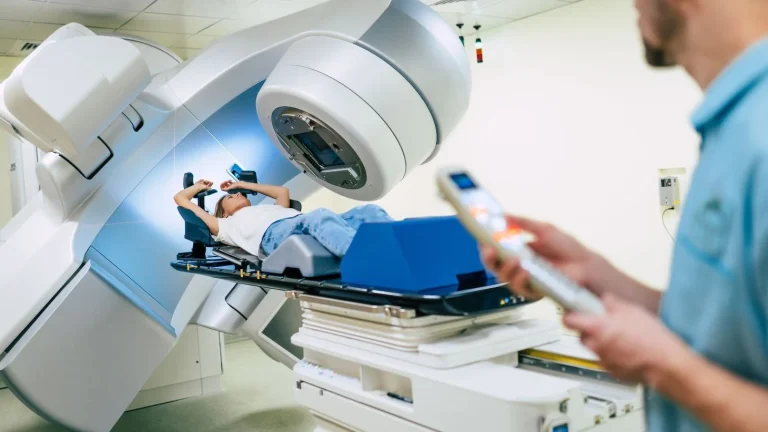Some oncology specialists have stressed the need for a multifaceted approach in Nigeria’s cancer management to ensure prevention, early detection, treatment and supportive care.
They said this at the fifth anniversary of a Non-Governmental Organisation (NGO), Dove-Haven Foundation (DHF), on Thursday in Ibadan.
They suggested that embracing technology, telemedicine, and data-driven approaches would revolutionise cancer care delivery in Nigeria.
Dove-Haven Foundation is a non-profit organisation with a mission to put an end to the cancer threat in Nigeria and beyond through cancer prevention, management, research, and advocacy activities.
The keynote speaker at the event, Prof. Francis Durosinmi-Etti from NSIA-LUTH Cancer Centre, Lagos, said that the impact of cancer in Nigeria presents unique challenges.
Durosinmi-Etti spoke on the theme: “Health System Challenges: A Case Study of Cancer Burden in Nigeria.”
He added that the challenges require concerted efforts, innovative strategies, and unwavering dedication from every citizen.
Durosinmi-Etti noted that the prevalence of certain cancers, exacerbated by factors such as late diagnosis, limited access to treatment facilities, and socioeconomic disparities, underscored the urgent need for a comprehensive and sustainable approach.
He added that progress made in cancer care had been overshadowed by the stark reality that many Nigerians still lack access to basic cancer screening and treatment services.
“Addressing cancer challenges will require sustained investment in healthcare infrastructure, increased training of oncology specialists, enhanced public education, and the sustenance and further development of the comprehensive national cancer control strategy,” he said.
Also speaking, a Consultant Radiation and Clinical Psycho-Oncologist at University College Hospital Ibadan, Dr Foluke Sarimiye, described cancer as a major societal, public health, and economic problem of the 21st century.
Sarimiye noted that cancer was responsible for almost one in six deaths and one in four deaths from non-communicable diseases worldwide.
She decried the shortage of oncologists fuelled by brain drain to cater for the population diagnosed with cancer in different parts of the country.
Earlier, the Executive Director, of DHF, Dr Samuel Ekundayo, said that part of the activities lined up for the foundation’s fifth anniversary include training of health personnel, cancer education mass media awareness and free cervical screening, among others.
Ekundayo added that the foundation would continue to contribute its quota in cancer burden reduction in Nigeria, with a keen interest in the marginalised and rural communities.
He said that the foundation had established mobile clinics in remote villages to ensure critical screening and early detection.
“We are aware of the devastating impact of cancer on our nation, especially in areas where healthcare resources are scarce, access to cancer care facilities are lacking, and oncology workforce is low.
“We have trained hundreds of community health workers, empowering them with the knowledge and skills to educate their neighbours about cancer prevention and early symptoms.
“We dream of a day when early detection will be the norm, when effective treatment will be available within reach for every Nigerian battling this disease.
“To achieve this vision, we must multiply our efforts. We must innovate, collaborate, and persevere with high level of resilience.
“We must reach further into the rural heartlands of our country, breaking down barriers of distance, poverty, and misinformation.
“We must continue to advocate for policies that prioritise cancer care and prevention at the national level,” he said.
NAN



